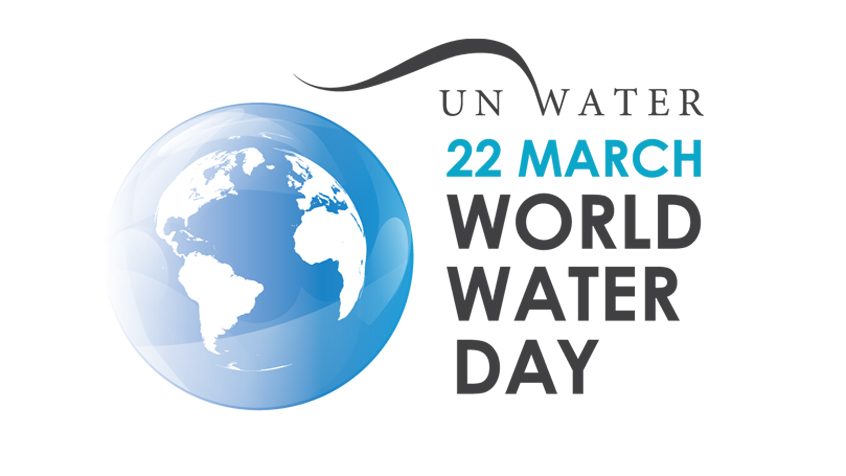
The wastewater theme of this year’s World Water Day is especially opportune for the International Water Management Institute (IWMI). After years of pioneering research, we are poised for a new phase of concerted effort to transform our novel vision of improved wastewater management into a reality for rapidly urbanizing areas of the developing world.
Where others mainly see intractable problems with unaffordable remedies, we see major opportunities for low-income countries to implement cost-effective green solutions that deliver enormous benefits for poor households. Much recent experience suggests that these solutions can reduce water pollution, improve sanitation, strengthen food security and help drive economic growth.
Most of our work on wastewater management forms part of the CGIAR Research Program on Water, Landscapes and Ecosystems (WLE), which IWMI leads. Along with WLE, IWMI communicates about this work actively, as you will see from the accompanying links to blog posts, publications, videos, social media reporting and mass media coverage.
Banking on wastewater
IWMI enables societies to address challenges posed by wastewater by generating new knowledge on wastewater management, writes Jeremy Bird.
Read the blog from IWMI’s Director General: Banking on wastewater.
New poop removal system could revolutionize sanitation
Developing countries struggling to cope with huge volumes of human waste may finally get some relief. A new study by IWMI and partners has found a way to make costs of fecal sludge removal more affordable for poor households.
Read the full study:
Towards sustainable sanitation management: Establishing the costs and willingness to pay for emptying and transporting sludge in rural districts with high rates of access to latrines
Year of wastewater campaign
Wastewater is only a waste if we fail to reuse it. IWMI scientists have a remarkable track record in promoting safe wastewater use, recovering nutrients from various waste sources, and analysing business models for safe Resource Recovery and Reuse (RRR). 2017 was dubbed the “Year of Wastewater,” with World Water Day and World Water Week dedicated to the theme. The solutions are compelling.
World Water Development Report 2017
This thematic report focuses on different strategic water issues each year and aims to provide decision-makers with the tools to implement sustainable use of our water resources. IWMI researchers contributed significantly to the report as a whole and particularly to five of its 18 chapters, co-authoring Chapter 7 (Agriculture), which covers the sector’s dual role as both a source of water pollution and major user of wastewater.
Download the World Water Development Report 2017: Wastewater: An untapped resource
Agriculture and Water Quality: Moving beyond villain and victim
Agriculture is the single biggest user of freshwater; the intensification of crop and livestock production in recent decades has exerted an especially profound impact on water quality, with major negative implications for human and ecosystem health.
At the same time, in a world of growing water scarcity, wastewater is the only source of usable water that keeps increasing. Perhaps there’s a way to square this difference.


